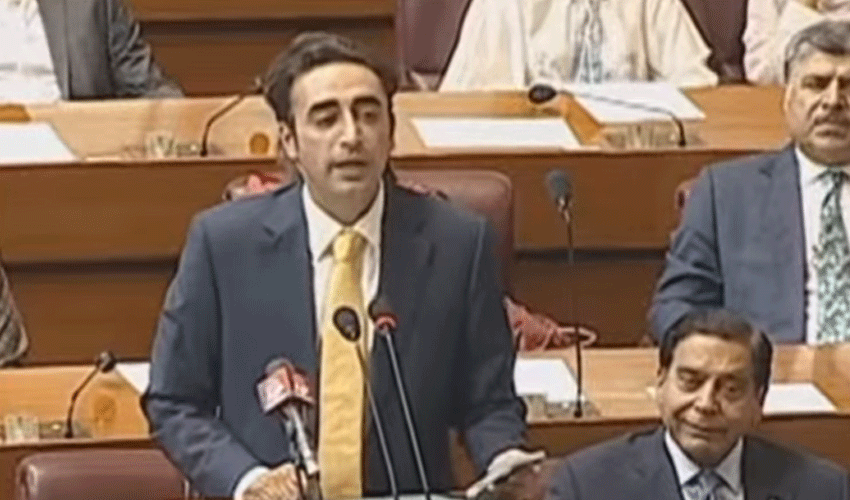In a pointed statement on regional water disputes, Foreign Minister Bilawal Bhutto-Zardari on Saturday asserted that Pakistan would fully secure its water rights under the Indus Waters Treaty (IWT) if India fails to ensure equitable distribution of water from the six rivers covered under the pact.
Speaking to reporters during an event in Karachi, Bilawal criticized India’s alleged violations of the IWT and stressed that Pakistan remains committed to peaceful dispute resolution, so long as India adheres to its treaty obligations.
Call for Equitable Water Sharing
Bilawal reiterated that the 1960 treaty, brokered by the World Bank, is based on international legal frameworks and provides a clear division of river waters. “We do not seek confrontation,” he noted, “but if India continues its unfair practices, Pakistan has the legal and sovereign right to utilize the waters of all six rivers.”
The Indus Waters Treaty allocates the three eastern rivers (Ravi, Beas, Sutlej) to India and the western rivers (Indus, Jhelum, Chenab) to Pakistan. However, Pakistan has raised concerns over Indian dam construction on western rivers, arguing that it threatens downstream water flow.
Strategic Implications
The minister’s comments come amid heightened diplomatic tensions and longstanding disputes over hydropower projects in Indian-administered Jammu and Kashmir. Pakistan has repeatedly approached the World Bank and international arbitration forums to resolve disagreements under the IWT.
Bilawal emphasized that Pakistan would use every available diplomatic and legal mechanism to defend its water rights. “We will not allow our share to be compromised,” he said.
Political Backing and National Resolve
Bilawal’s statement appears to have full institutional support. Government officials in Islamabad have echoed his concerns, calling for strict enforcement of water-sharing protocols and transparency in infrastructure projects along the rivers.
As climate change intensifies and water scarcity becomes a pressing concern, the issue of transboundary water management in South Asia is likely to escalate in geopolitical importance.







